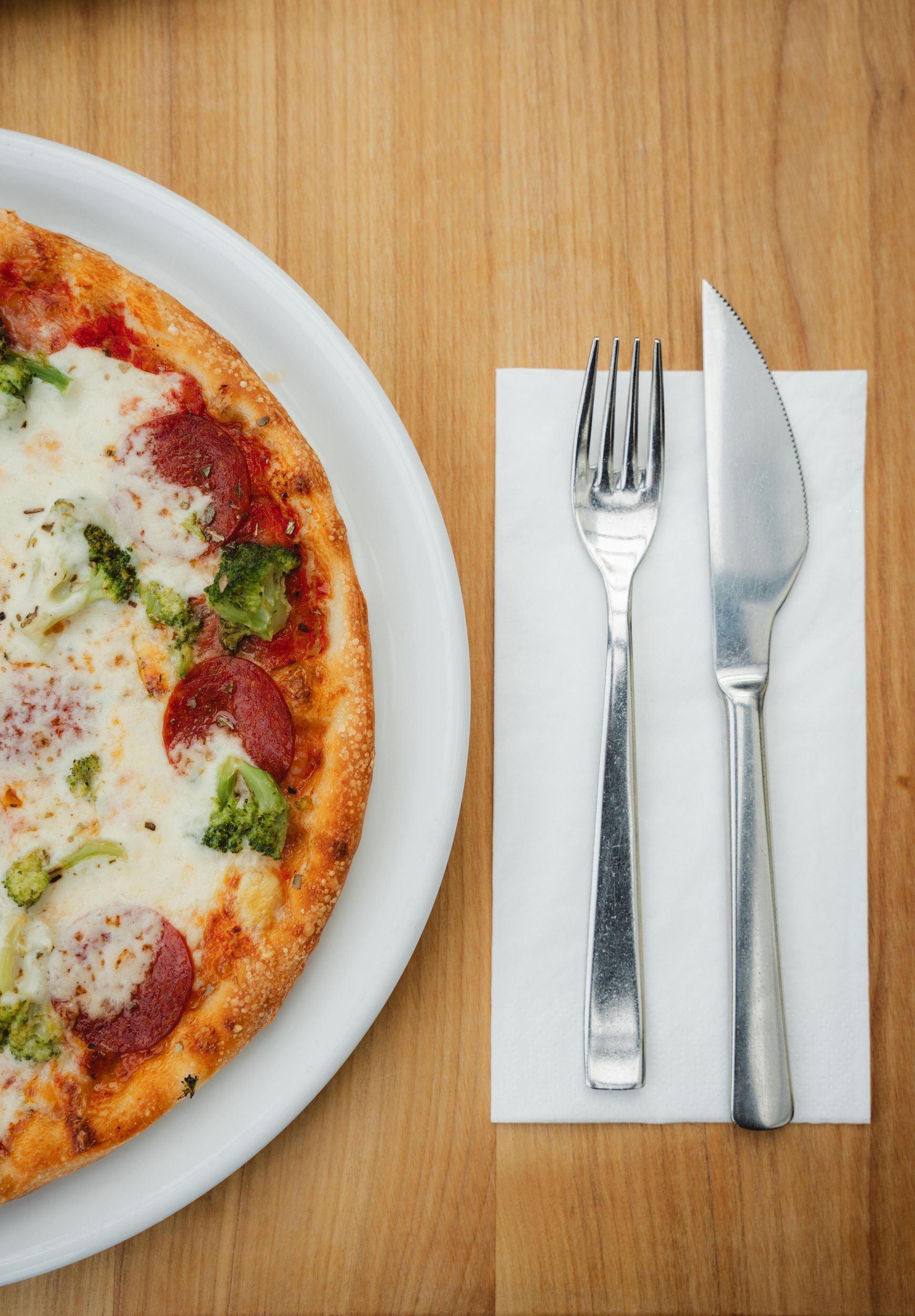"Small Restaurant, Big Marketing: How to Compete with Chain Restaurants on a Budget"

Everyone needs a digital media strategy, and not for the reasons you may expect. In fact, if you think digital strategies are just promotional, think again.
As a small restaurant business owner, you are competing not only with your local competition but also with the big chain restaurants that have larger marketing budgets. These chains have the financial resources to spend on national television and radio ads, billboard campaigns, and online marketing strategies to reach their target audience. So, as a small restaurant owner, how can you compete with that?
The answer is simple – you need to utilize marketing strategies that are specific to your business and budget.
First, it’s important to understand that not every restaurant customer wants to eat at a large chain restaurant. Many people seek out unique dining experiences and local restaurants that offer something different. This is where your strength as a small restaurant comes in – you can offer personalized service and a unique dining experience that the large chains cannot match.
To market your small restaurant effectively, start by understanding your target audience. Who are they? What do they like? Where do they go? Once you know this information, you can create targeted marketing campaigns that will resonate with them. For example, if your target audience is families with young children, you can create a kid-friendly menu, offer family meal deals, and advertise on local parenting websites or social media groups.
Another effective marketing strategy for small restaurants is to focus on social media marketing. Use platforms like Facebook, Instagram, and Twitter to promote your restaurant and connect with your customers. You can post mouth-watering food photos, share special offers, and encourage your followers to leave reviews or tag your restaurant in their posts. By generating buzz on social media, you can increase your visibility and attract new customers.
Local partnerships and collaborations can also be a great way to market your small restaurant. Partner with other local businesses or organizations to run joint promotions or events. This way, you can leverage each other’s customer bases and increase awareness about your restaurant in the community.
Lastly, don’t underestimate the power of customer service. Great customer service can be one of the most effective marketing tools for a small restaurant. When customers have a great experience at your restaurant, they are more likely to recommend it to their friends and family. Word-of-mouth marketing can be very powerful, especially in today’s digital age where reviews and recommendations can be easily shared on social media.
In the end, marketing your small restaurant is all about finding creative strategies that work for your business. By understanding your target audience and leveraging your strengths, you can compete with larger chain restaurants and attract new customers to your establishment.








